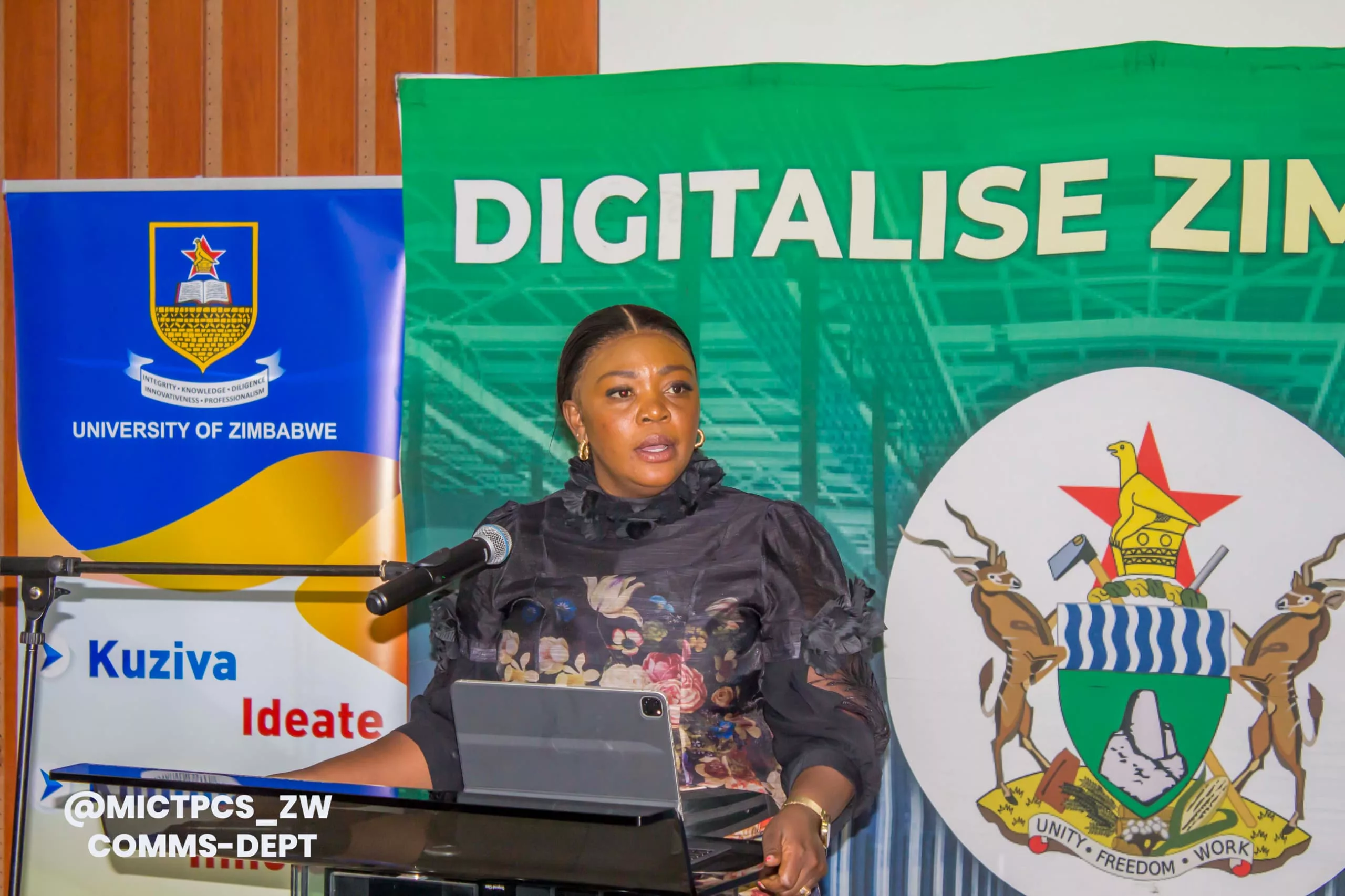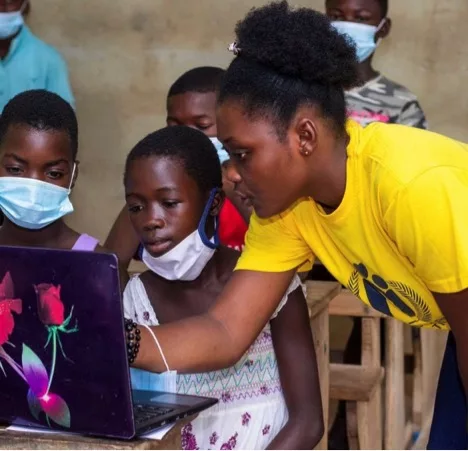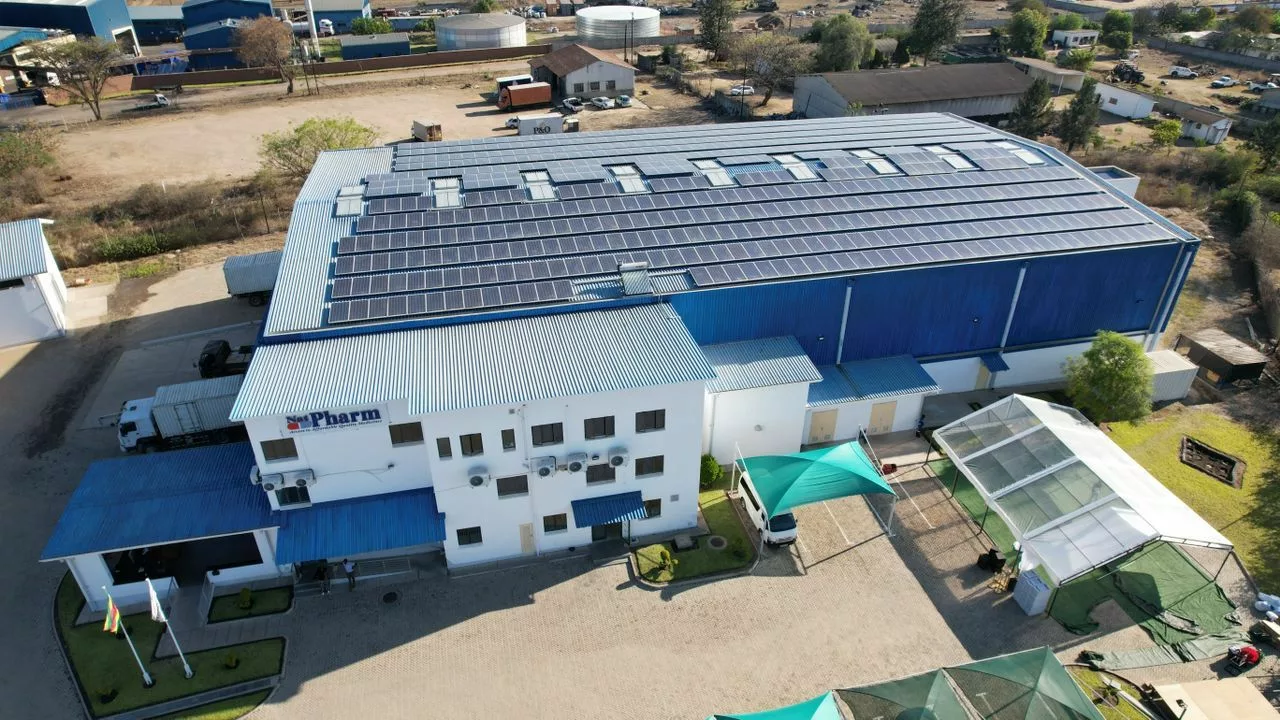|
Getting your Trinity Audio player ready...
|
Writes Wallace Mawire
Zimbabwe hosted a three-day Privacy Symposium Africa conference from 19 to 21 November 2024 to deliberate on digital privacy issues in Africa.
Minister of Information Communication Technology, Postal and Couriers Services, Hon Tatenda Mavetera, said that the conference offered a unique platform to discuss and exchange ideas on privacy and data protection across the African continent.
She said that it is now widely acknowledged that the digital revolution has phenomenally transformed how people live, work, and communicate, reshaping societal norms and dynamics.
The Minister said that the rapid proliferation of digital technologies has led to the emergence of new social norms, behaviors, and identities. She said that unfortunately, the benefits of the digital revolution are not evenly distributed.
Hon Mavetera said that a significant portion of the African population remains disconnected from the digital world, facing a digital divide that threatens to widen existing social and economic inequalities, adding that that current internet connectivity is still below 50% penetration.
She added that specifically, the intersectionality of gender, equity, and technology are some of the key themes that have been explored during the conference.
As the continent navigates the complex landscape, it is essential to address the digital divide. Digital inequalities have emerged as a growing concern in modern societies. The inequalities relate to access to digital technology, internet affordability, and connectivity.
According to Hon Mavetera, women, young girls, and people with disabilities (PWDs) are among the marginalised groups that often face unique challenges in accessing and benefiting from digital technologies. There is a need to create a more inclusive and equitable digital future by addressing the disparities.
With that in mind, the Government of Zimbabwe is prioritising the bridging of the digital divide to ensure that all citizens have access to the opportunities and benefits that technology such as Artificial Intelligence (AI) offers.
An AI policy framework has already been completed, and some conversations have been held with players such as MISA Zimbabwe. The ICT Ministry will soon establish a multi-stakeholder AI Committee to act as an advisory body, drawing from the public service, academia, and civil society.
Investing in digital infrastructure, promoting digital literacy, and fostering a conducive digital ecosystem can create a more inclusive and prosperous nation that will leave no one behind.
This will be anchored by investing in robust and affordable digital infrastructure, including expanding broadband connectivity to rural and underserved areas, upgrading telecommunications networks, and deploying digital infrastructure in public spaces.
The Government of Zimbabwe is determined and committed to providing reliable and affordable internet access to empower individuals and communities to participate in the digital economy, access education and healthcare services, and connect with the global community.
“I am aware of the importance of digital literacy in enabling citizens and the general population to navigate the digital world and harness its potential. This entails a wide range of skills, including basic computer literacy, online safety, and security. To promote digital literacy, there is a need to invest in education and training programmes that equip citizens with the necessary skills to thrive in the digital age, starting at the primary level up to the tertiary level. The digital divide can be reduced by empowering individuals with digital literacy skills and creating a more informed and engaged citizenry.
“As citizens increasingly rely on technology, it is imperative to safeguard personal data and ensure cybersecurity. Strong data protection laws and regulations are essential to protect individuals’ privacy and prevent cyberattacks. The rise of the data-driven consumer and the impact of social media and e-commerce are prompting changes to regulatory interventions. As emerging technologies such as Artificial Intelligence, the Internet of Things, and Blockchain continue to reshape our world, the importance of data protection and privacy becomes even more critical,” Hon Mavetera said.
The Government is committed to safeguarding personal data, mindful that responsible data practices are essential to building trust between individuals and organisations.
“While AI is one of the many technological areas that need policy oversight, we must tackle our infrastructure’s increasingly critical cybersecurity vulnerabilities. We need to understand both the role of social media platforms in disseminating politically divisive content and what technology can and cannot mitigate its harm.
“My Ministry and other key stakeholders, such as POTRAZ, stand ready to implement robust cybersecurity measures and promote data privacy awareness. This will go a long way in building trust in the digital ecosystem and encourage innovation.”
Artificial intelligence (AI) can potentially revolutionise various sectors but poses significant ethical challenges. To ensure that AI systems are fair, transparent, and accountable, it is crucial to develop and implement ethical guidelines for AI development and use.
The Government’s top priority is to develop AI systems that are inclusive and do not perpetuate bias or discrimination. By promoting ethical AI, stakeholders can harness its power for the benefit of all.
Effective digital governance is essential for creating a conducive digital innovation and development environment. This calls for the participation of various stakeholders, including government, civil society, and the private sector. There is a need to develop policies and regulations that promote digital inclusion, protect human rights, and stimulate economic growth by fostering collaboration and dialogue.
Effectively integrating policy, technology, and societal dynamics is crucial for navigating the complexities of the digital age.
By aligning technological advancements with sound policy frameworks and considering societal implications, stakeholders can harness technology’s potential to address challenges and drive positive change. This requires a collaborative effort involving governments, businesses, civil society, and academia to ensure that technology serves society’s needs and promotes human well-being.






